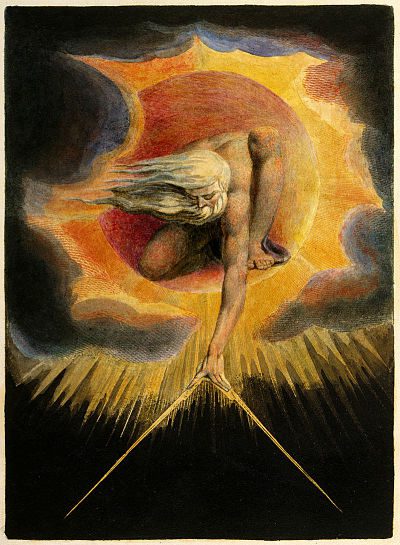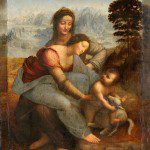 That was the true Light, which lighteth every man that comes into the world.
That was the true Light, which lighteth every man that comes into the world.
We could use Light just now, though not merely light, that is common enough. Created in God’s image, every human sees a bit, knows something, and has a bit of illumination. We take what we have and use it, but cut off from the original source.
We splinter the light and reflect the light marvelously well, but the True Light light is gone. This light from Light is good as far is goes, but it is not enough.
Some have enough light that they market that little bit of light of theirs. Often this is worth considering, since in aggregate, all these little lights can make a much larger light.
We can get a better reflection of the True Light and that is something, though not the Something we need. We need to see the true Light.
How do we know this Light?
It is the light that lighteth every man that comes into the world.
The True Light comes from God and is the basis for life, yet looking inwardly is not the best place to look. We must look outward, God[ward], to the True Light. The True Light belongs to none of us, being God’s Light.
We are lit by that Light. Some are dazzled by it and so turn away. We close our eyes and look inward to the more manageable impressions left on our eye lids. We look deeper and find the light of our creation and that too is manageable and (in some way) our own little light.
The true Light illuminates everyone and belongs to nobody. Nothing can dim that Light. We need changed eyes, born again eyes, so like the eagle in poetic fancy, we can look straight into the Sun.
Is this opposed to the Socratic “examined life?”
By no means!
It is opposed to a misunderstanding of that phrase. Socrates was not calling his students to isolation. Socrates, even when silent (see Symposium) was looking out and beyond his “own truth.” He was looking Good-ward to the Sun outside any cave built by human tyranny, including the tyranny of self. “Knowing himself” did not mean self-affirmation, but his place in the cosmos. He was not such a much and he did not know anything. This is distant from the guru who urges his acolytes to root about in the inner recesses of their minds looking for truth.
Socrates was looking further up when he looked inwardly. Socrates more than any man before John the Baptist wanted more than his own little, feeble light. He wanted to go to the stars and shine with starlight (Timaeus). John the Baptist looked up one day and saw the true Light come into the world and was illumined. He pointed to that Light and everyone could come.
Everyone can be illuminated from without in a way that will pierce to the bottom of the soul. There the true Light will find our little light and transform it. We will burn with the Spirit of Pentecost and speak in new tongues: illuminated by God.
Internal lights, in this dim world, vary and are snuffed out with death. Athens put out the internal light of Socrates. The external light is freely, equally available to all since Bethlehem. This light cannot be snuffed out by Nero, Cromwell, Stalin or any other Christmas hating tyrant.
May I bath in the truth and grace of that glory.
Christ is born!
Glorify Him!
————————————
A Christmas series on John 1: 1-14 (Links will not be active until the piece is published. All active by January 5, 2019).
Part 1, 2, 3, 4, 5, 6, 7, 8, 9, 10, 11, 12, 13, 14.












